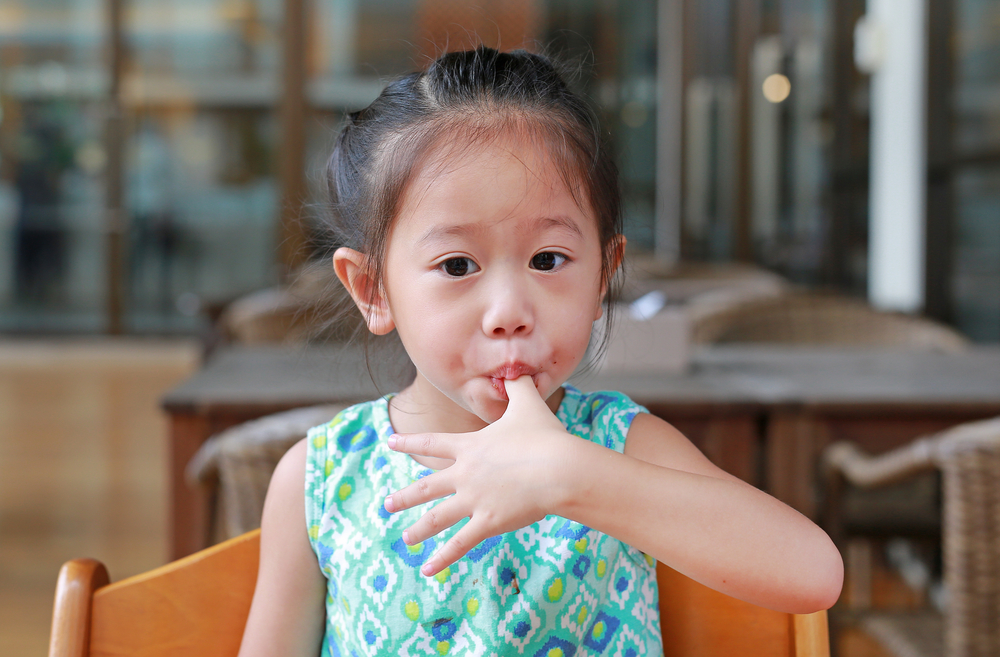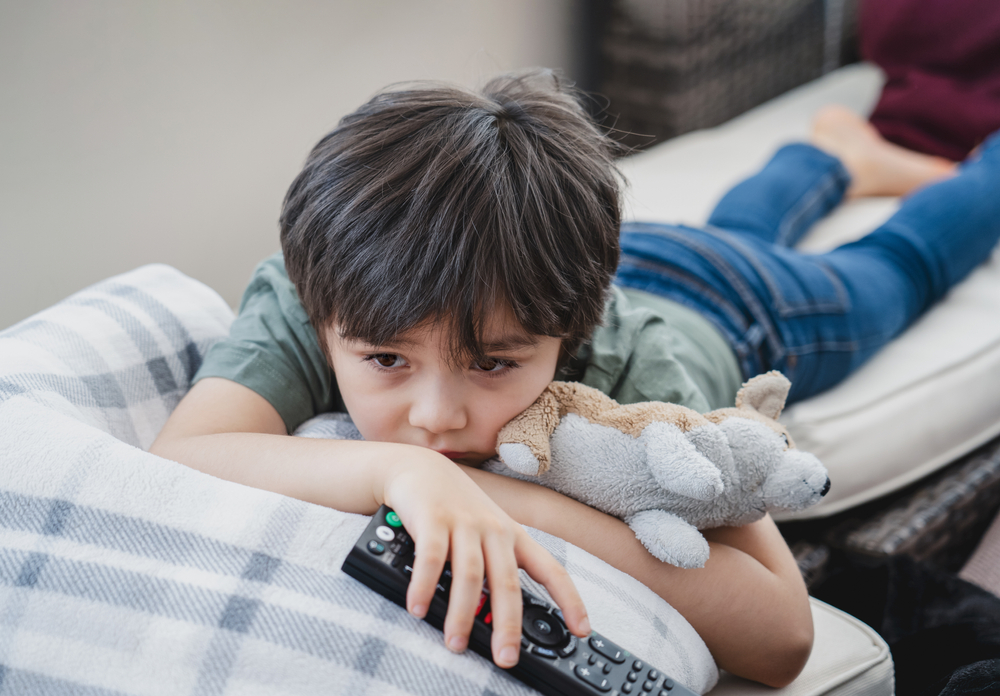
Why do children have the habit of sucking their fingers? What can parents do about it?
Written by: Early Childhood Education Expert, Chen Chen-Shu An Some children still have the habit of sucking their fingers even when they enter kindergarten, or even at ages 5 or 6. According to Dr. David Levy’s research, children who finish a bottle of milk in 10 minutes (possibly due to a larger bottle nipple hole) are more likely to develop the habit of sucking their fingers, compared to children who finish the entire bottle in 20 minutes. Dr. Levy also experimented by feeding puppies with a dropper, so they didn’t have a chance to suck while drinking milk. The result was that the puppies reacted by sucking each other’s or their own skin, and some even peeled off the skin through excessive sucking. From this, we can understand that the behavior of infants sucking their fingers in the first few months is due to the lack of satisfaction from sucking, it is a need, and not an innate or bad behavior. Why do children develop the habit of sucking their fingers? Breastfeeding Promotes Parent-Child Bonding When a mother can breastfeed her baby, the infant is the happiest, because not only does the baby receive proper nutrition, but also the skin-to-skin contact provides warmth and a sense of security. Moreover, by sucking on the soft nipple, in addition to getting fed, the baby also enjoys the communication and deep love between mother and child. This profound affection and intimacy is incomparable to being fed by a cold bottle.












